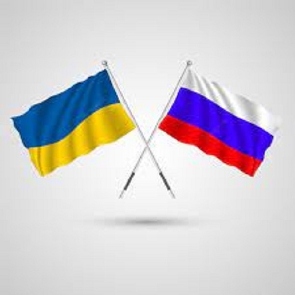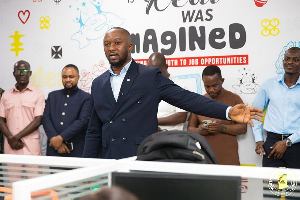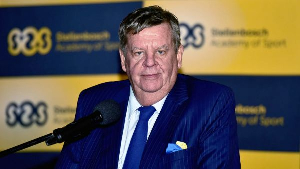The problem is that Russia has a bad habit of projecting future events. They assume that every military exercise is a pretext for invasion. That seemed far-fetched, until February when Russia used a military exercise as a pretext for invasion.
Russia sees the presence of permanent NATO forces near its borders as a threat. If you want to know why Russia would think this way, ask Poland, Lithuania, Norway, Finland, Georgia, or Romania.
Russia’s modern history of naked aggression against its neighbors is both the cause and result of its outdated way of thinking about geopolitics. In the minds of the Russian right, imperialist conquest is still the order of the day and the “rule-based order” is either a lie or a rigged system intended to suppress Russian greatness.
It was this thinking that led to Putin invading Georgia in 2008. Georgia was angling for NATO membership, and NATO had expressed an openness to both Georgia and Ukraine joining the alliance. Of the two, Georgia was the most likely to be approved at the time as Ukraine was still dealing with significant internal problems.
By invading Georgia, Putin rendered it ineligible for NATO membership - the alliance will not accept a country with contested territories, precisely because the entire point of NATO is never have to fight a war.
Note that pre-2014, NATO had been careful to respect an unwritten agreement that it would not station permanent forces east of Berlin, in an attempt to appease the Soviets. However, Putin did not trust the alliance to stick to this practice and was already aggrieved that the alliance had accepted eastern European countries at all.
Not surprisingly, after Russia invaded in 2014, popular support for Russia dropped heavily. Additionally, Russian occupation of the areas with the densest pro-Russian populations meant that these areas were no longer able to participate in Ukrainian elections, pushing their government into a decidedly pro-western stance.
There was no hope left for Putin to keep Ukraine as a puppet state, and he began building up his foreign currency reserves and military power to prepare for the eventual annexation of the entire country.
Back in 1992, when Ukraine gave up its nuclear arms, it gave them to Russia and while the US, UK, and Russia all gave Ukraine security assurances, it was assumed that Russia was the only nation Ukraine might actually want to defend its borders.
Ukrainian distrust of the West was still strong, and Russia was Ukraine’s big brother. There is no reason that needed to change, except that Putin’s paranoia poisoned the relationship like so many of his critics.
Objectively, the war is not worth winning for Russia, but to understand why Putin thinks it is, you have to understand the worldview he is working with. Conquering Ukraine is the only hope he has of proving that Russia owns the Slavic nations, the Ruskyy Mir, and preventing NATO from inching closer to his borders.
Opinions of Friday, 23 December 2022
Columnist: Abdul-Razak Lukman















